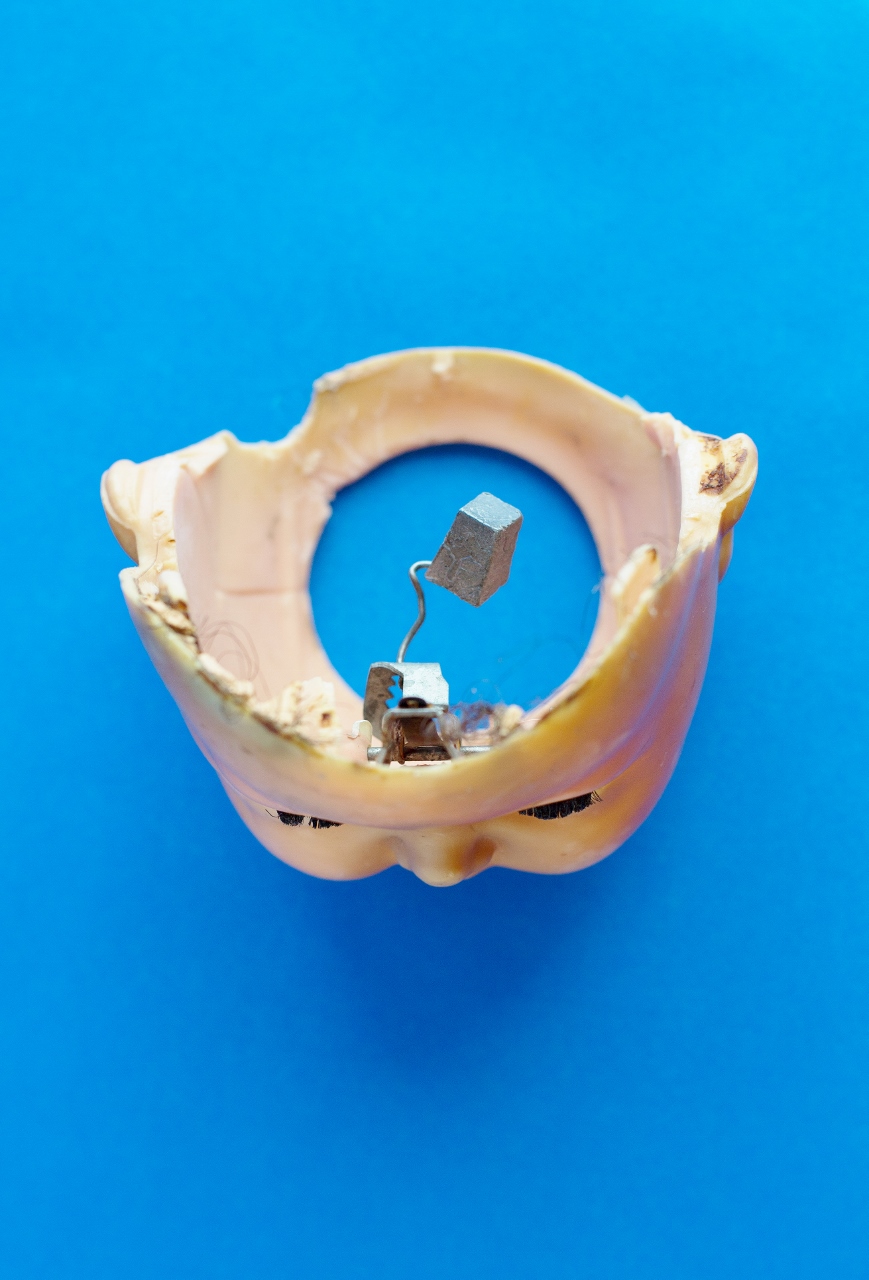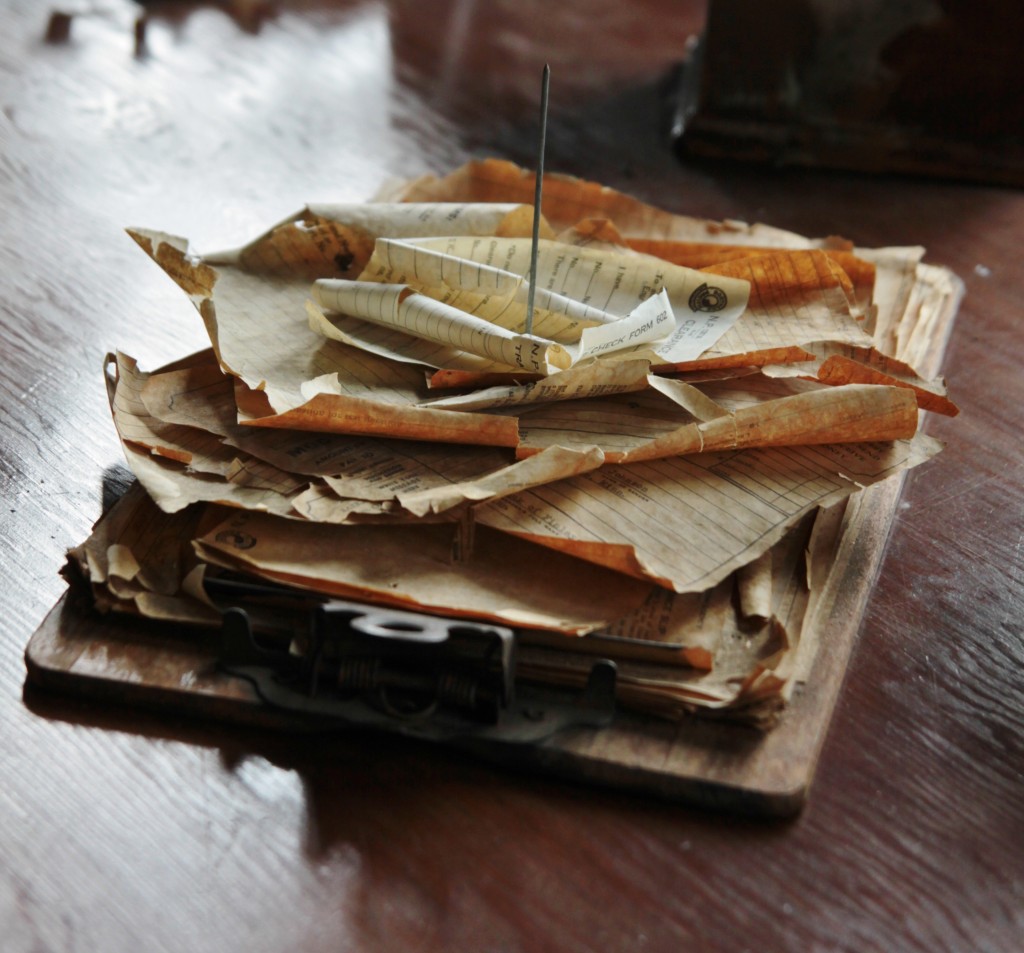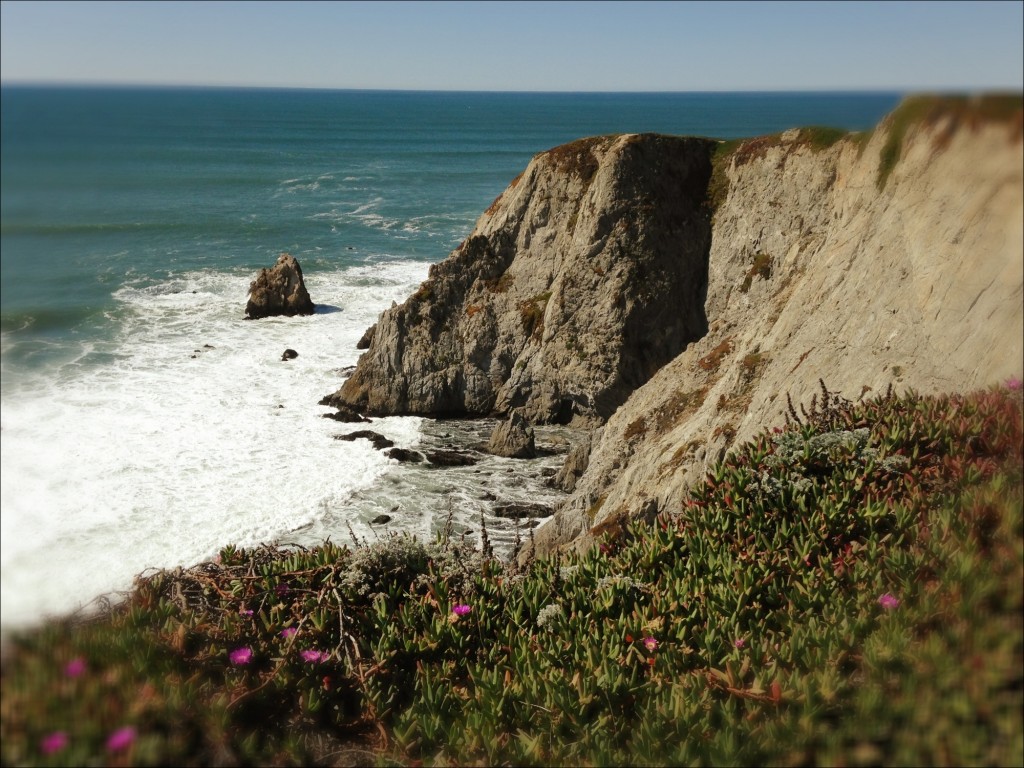
By Gayle Brandeis
My dad thought my nose was a baby. He said there was a baby on my face, where my nose should be; a full body and a head. He found it funny. He wanted to take a picture so I could see what he saw.
•••
My mom thought my dad was hiding millions of dollars from her, from us. She thought he was part of an international money-laundering scheme.
•••
My dad called as I drove to pick him up to take him to the dentist. “I can’t make it to the appointment,” he said. When I asked him why, he said, “I’m in Bosnia.” Apparently he had been in Bosnia for the last five days. He told me he had received a voice mail message from himself saying he was lost in Bosnia, but he wasn’t afraid. When I got to his room at the assisted living place, he wanted me to listen to his voice mail so I could hear the message. Even though I doubted the message would be there, part of me wondered if he did somehow call himself, if I could hear what he had heard. But no, when I pressed Play, all I heard was myself, a message I had left a couple of days ago, the little-girlishness of my voice making me cringe. Later, he shook his head and laughed a bit, saying “Bosnia”, stunned by his own brain. When I brought up the story a few weeks down the road, he said earnestly, “It wasn’t Bosnia. I was in the Bosphorus.”
•••
My mom thought white vans were chasing her. She thought people were spraying her with poison from their cellphones.
•••
My dad thought President Obama had called upon him to be the new leader of the civil rights movement. He thought the FBI had transported his whole apartment to Washington, DC. “I’m going to be a hometown hero,” he told me excitedly.
•••
My dad’s death certificate reads
“IMMEDIATE CAUSE
(a) Cardiopulmonary Failure
DUE TO, OR AS A CONSEQUENCE OF
(b) Debility and Decline
DUE TO, OR AS A CONSEQUENCE OF
(c) Senile Degeneration Of The Brain
DUE TO, OR AS A CONSEQUENCE OF
(d) Dementia, Vascular”
My mom’s reads “HANGING BY ELECTRIC CORD FROM PIPE.” (clearly there are no capitalization standards from coroner’s office to coroner’s office.) It doesn’t say “DUE TO OR AS A CONSEQUENCE OF Paranoid Delusion” but the subtext is written all over the page.
•••
Watching both parents lose their minds doesn’t give me a lot of faith in the future of my brain. My mind already feels slower than it once did, less electric. I find my memory fading, too; sometimes it feels as if the grooves in my brain are smoothing over, erasing stories trapped in each cleft, a sort of reverse evolution, turning my cerebellum from prune to plum, something firm and blank and tart.
This terrifies me—if I lose my memories, my stories, who am I? I feel panicky when I think of my childhood, my children’s childhoods, being lost to me forever. But maybe a sense of peace comes over people who lose all their memories. If we forget everything, every moment would be brand new. We could just be, like an animal or a plant.
I can remember lying in bed shortly after my mom hanged herself, nursing my baby, who was born one week before her death. I remember thinking I should be doing something more, something active, writing or researching or doing one of the many practical post-death tasks that needed doing, but then I thought about sows, about how a mama pig just lies on her side nursing her piglets, how that’s all she needs to do, that’s her task, she gives herself to it fully, and I let myself drop into that surrender, let myself just be a mother animal nursing her young, mind blank, and I found there was something comforting, liberating, in that. Maybe that’s what it feels like to have your memory erased—you can just be a mammal in your body, living from moment to moment.
In her memoir Ongoingness, Sarah Manguso writes “My goal now is to forget it all so that I’m clean for death.” But I have to remember that’s just memory loss. Delusion is a whole other story. Dementia is a whole other story. And after watching my parents, I know I can’t take my lucidity for granted.
•••
My mom, in her delusion, thought everyone was against her. My dad had his own moments of paranoia and disorientation, but his delusions were more often of the absurd, even sweet, variety. I know I have no control over the matter—over that tender, amazing, convoluted gray matter—but if I have to lose my mind, may it be in the way of my dad. May I say things that make my family laugh and shake their heads instead of traumatize them. May I travel to surprising places without leaving the room, see whimsical things, imagine myself a hero—which sounds quite a bit like the writing life, come to think of it, just without the mediation of the page. Maybe it would help to think of it that way, to think of delusion and dementia as a new way of living inside a story, entering non-linear, unpredictable narrative. A way of life in which we let go of chronology, let go of traditional plot and sentence structure. That makes it sound less scary to me, makes it feel more like art than ruin. But I also know how scary it can be to get trapped inside a story—I saw that in my mom, how terrified and alone she felt in her delusion, especially at the end. Story can save us but it can also imprison us. My mom may have killed herself to kill the story that had taken over her life.
My mind wants to create a happier narrative for itself—one in which it can avoid my parents’ fate, one in which it can hold on as long as my body does, one in which my body and mind stay vitally, inextricably linked, until they both give up the ghost—but at the same time, my mind knows it may not be the final author of my life. None of us know who will have the last word. For now, I’m grateful to be able to string words together, grateful to preserve some sharpness, some clarity, before the light ultimately goes out.
•••
GAYLE BRANDEIS is the author, most recently, of the memoir The Art of Misdiagnosis: Surviving My Mother’s Suicide (Beacon Press) and the poetry collection The Selfless Bliss of the Body (Finishing Line Books). Her other books include Fruitflesh: Seeds of Inspiration for Women Who Write (HarperOne), and the novels The Book of Dead Birds (HarperCollins), which won the Bellwether Prize for Fiction of Social Engagement, Self Storage (Ballantine), Delta Girls (Ballantine), and My Life with the Lincolns (Henry Holt), which received a Silver Nautilus Book Award and was chosen as a state-wide read in Wisconsin. She currently teaches at Sierra Nevada College and the low residency MFA program at Antioch University, Los Angeles. Buy her books here.

 Follow
Follow


